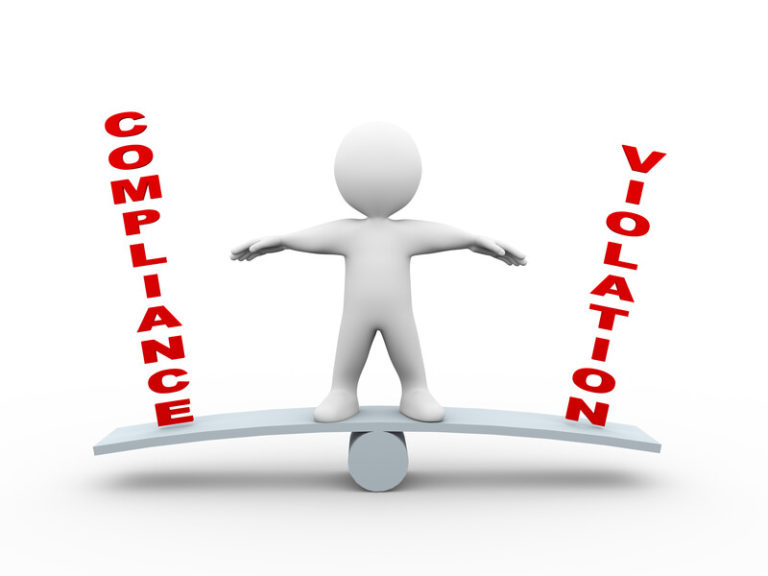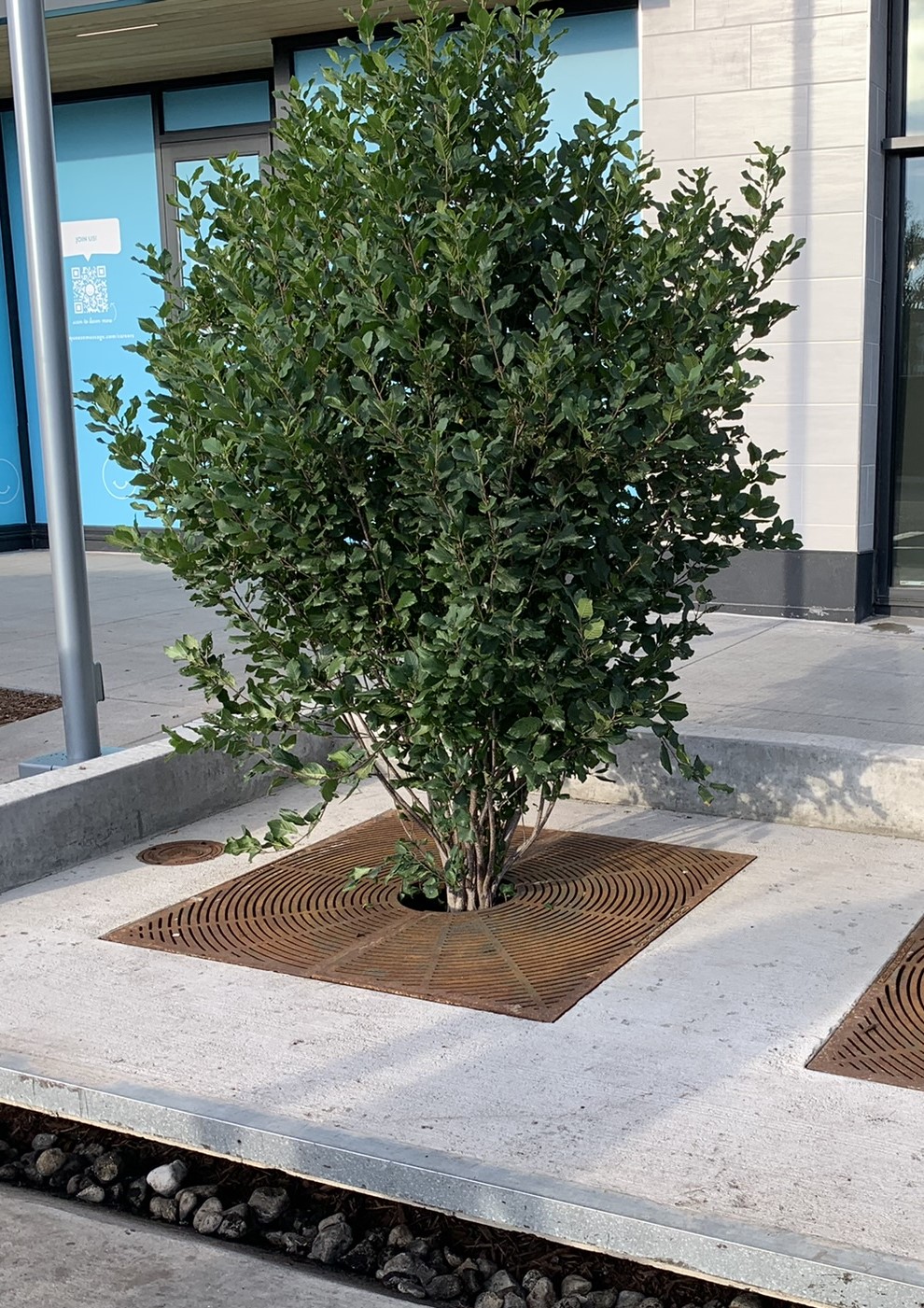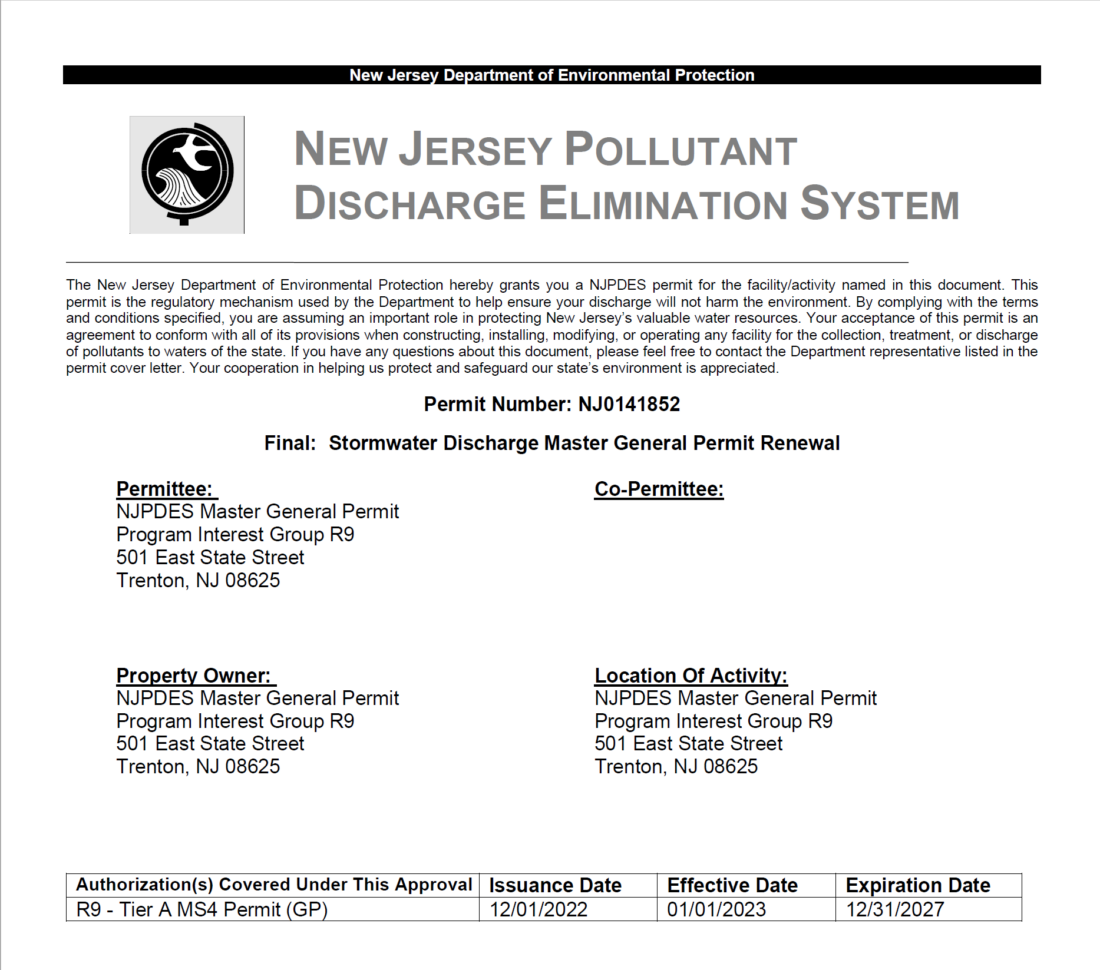
Who Needs a Stormwater Permit and How to Avoid SWPPP / Stormwater Violations
There are many different types of EPA general stormwater permits and chances are if you are in a specialized industry you know whether or not you need a permit, but what about the average business in the US? Does everyone need a permit? For this article we will discuss industrial companies and how to assess your stormwater risk management thus avoiding costly stormwater violations from the governing agencies.
General Industrial Stormwater Permits
The stormwater regulations vary from state to state so check your state’s environmental protection website for the exact stormwater management rules that apply to you and what would constitute a stormwater violation or a SWPPP violation. In general, however, companies that perform any type of industrial activity on their premises are subject to an EPA general stormwater permit (or state permit). Where that industrial activity occurs is what determines whether you are required to complete a Notice of Intent and SWPPP for permit coverage or whether you can opt for exemption by designating your facility as a “No Exposure” site.
If your industrial activity is exposed to rain then you will most likely need to apply for an EPA general stormwater permit. If all of your industrial activity is indoors or under adequate cover, at all times, then you will most likely qualify for no exposure designation. I say “most likely” because there can always be exceptions to the stormwater management rules but that covers the vast majority.
What is “Industrial Activity”?
Some examples of industrial activity are activities such as fueling, equipment washing, equipment maintenance, loading and unloading, material handling and material storage. All of these activities can contribute to pollutants on the ground. Industrial companies conduct activities that, by their nature, create toxic industrial pollutants ranging from heavy metals and organic chemicals to trash, debris, oil and grease. When it rains the stormwater runoff picks up these industrial pollutants and discharges them into nearby waterbodies, either directly or through stormwater conveyances (ditches, swales, catch basins and underground pipes). These pollutants can cause impairments to the waterbodies resulting in degrading biological habitats, polluting drinking water sources and causing channel erosion and flooding. A general permit will guide you on how to minimize or eliminate these potential pollutants thus keeping our lakes, rivers, streams, oceans etc. clean and healthy.
Within each industry there are sectors defined by the EPA. The sectors within a general permit will give more personalized requirements that are specific to your type of industrial activity. For example, if you are a trucking company you will fall under Sector P – Land Transportation and/or Warehousing. If you are an oil refinery you fall under Sector Sector I – Oil and Gas Extraction and Refining. There are 29 sectors in total. For their definitions visit https://www.epa.gov/npdes/industrial-stormwater-fact-sheet-series.
How to Avoid SWPPP / Stormwater Violations
There are three main components to following stormwater regulations within your permit. The first is making sure you have your records in order. You need to have everything the permit requires readily available in the event of an inspection to avoid a SWPPP violation. This includes your Notice of Intent, SWPPP (Stormwater Pollution Prevention Plan), site and drainage map, permit authorization letter (if applicable), copy of the permit and all of your required inspections and reports.
The second component is to ensure that you complete all of the requirements that the permit outlines for you. Most permits have a quarterly inspection requirement. Some states have monthly and annual requirements and many states will also require some type of stormwater sampling be performed. The state permits range from less than 20 pages to most being over 200 pages so it can be difficult to ascertain all of the stormwater regulations if you aren’t used to reading these documents. We are here to help you, please reach out to us if you are confused about what is required in your state. Stormwater Compliance Solutions has clients all across the United States.
Finally, the road to a quick stormwater violation is to not follow your own stormwater BMPs (best management practices). If you are inspected and you have stated various BMPs in your SWPPP you are expected to follow those best management practices. It is your stormwater BMPs that help to minimize or eliminate pollution so if you are not following them it will be seen as a SWPPP violation.
Need Help?
Give us a call to see a demo of our comprehensive stormwater program where we can help you to keep your records in order and readily accessible, complete all the necessary requirements and to ensure that your BMPs are accurate and being followed. Helping you to avoid stormwater violations and SWPPP violations is a big part of what we do. Contact us at [email protected] or call 970-999-0480.




